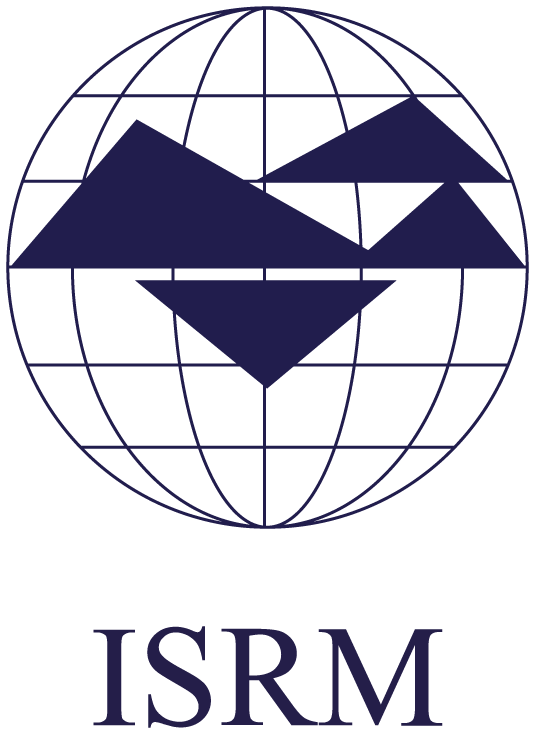
Dr. Nick Barton
Nick Barton has 54 years of experience from hundreds of rock mechanics and rock engineering projects in a total of 41 countries related to hydropower tunnelling and caverns, metro tunnels and station caverns, motorway tunnels, rock slope stability, major dam abutment characterization, nuclear waste disposal research projects, TBM project prognoses of likely behaviour etc.
He obtained a Ph.D. on rock slope stability from Imperial College, London in 1971.
He worked for 25 years in the Norwegian Geotechnical Institute, part of the time as division director, and later as technical adviser. From 1980 to 1984, between two longer periods in NGI, he worked in the geomechanics division of TerraTek, later Schlumberger, in Salt Lake City, In 2000 he started his own international rock engineering consultancy: Nick Barton & Associates.
He is author/co-author of 360 papers in technical journals and conference proceedings, author of a book on TBM Tunnelling in Jointed and Faulted Rock in 2000, and of a text book on Rock Quality, Seismic Velocity, Attenuation and Anisotropy in 2006.
He developed the well-known Q-system of rock mass characterization in 1974, and a non-linear shear strength criterion for rock joints in 1973/1982, using the new JRC and JCS parameters, now known as the Barton-Bandis criterion. Further empirical methods linked to Q are: the QTBM prognosis method since 1999, the Qslope method since 2015, and the Q-H2O method since 2007.
He received the 6th ISRM Müller Award, given only once every four years for distinguished contributions to rock mechanics and rock engineering. He has received thirteen international awards between 1975 and 2021. He is an ISRM Fellow since 2015.
He has an Honoris Causa (Honorary Doctorate) award from the University of Cordoba, Argentina (2004), and he is a Visiting Professor at University Ss. Cyril and Methodius, Faculty of Civil Engineering in Skopje from 2023. Visiting 'Distinguished Professor' at Ningbo and Shaoxing Universities in China, 2023-2028.
Tentative title of the Lecture: NMT-NATM hybrid method for sustainability and risk reduction


